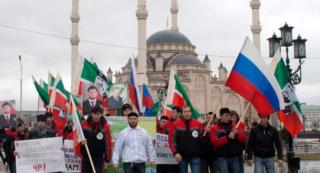
As events continue to drive Russians and Chechens further apart, Moscow must find a way to establish a Russian civic identity in which the peoples of the Caucasus have a stake.
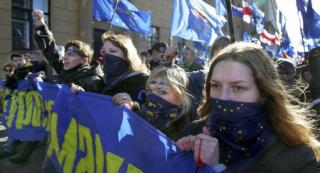
Promoting democracy in the six post-Soviet countries in Eastern Europe that were designated by the European Union as deserving special attention will require the EU to offer incentives for implementing reforms.
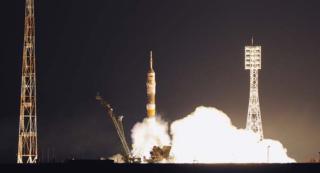
April 12 marked the 50th anniversary of the first manned spaceflight. Today, space exploration offers the promise of new technologies and solutions to critical challenges facing the international community.
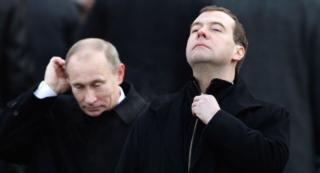
Russian President Dmitry Medvedev’s announcement of new initiatives for improving the investment climate in Russia and reducing corruption demonstrates his readiness to run for a second term.
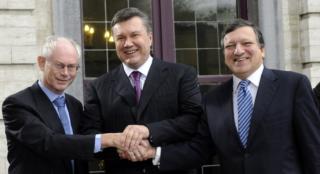
A legally binding free-trade agreement could be a key instrument in the EU's efforts to push Ukraine to reform.

While Russians are increasingly calling for political reforms, the high price of oil allows the Kremlin to increase social spending and avert broad public discontent for a while longer.
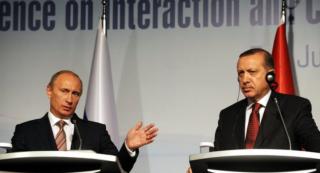
Nearly two years after Russia and Turkey signed a series of energy cooperation protocols, the two countries remain unable to reach a breakthrough in their energy relations.
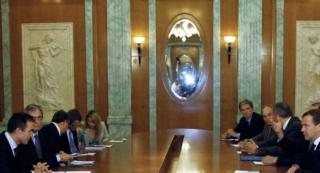
Moscow's position on military intervention in Libya plays into Russia's foreign policy focus on modernization and cooperation with Western Europe and the United States and is likely to be a factor in the upcoming 2012 presidential elections.
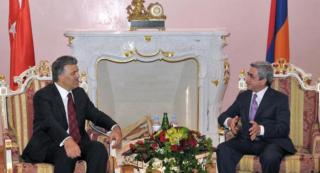
The reluctance of Armenia and Azerbaijan to commit to peace negotiations over Nagorny Karabakh blocks the efforts of the international community to establish peace and U.S. bilateral interests in the two nations constrain a more aggressive push to force a deal.
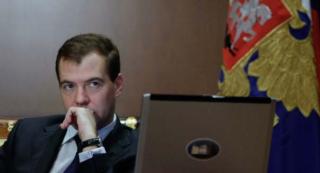
Russia’s decision to abstain on the UN Security Council resolution on Libya marked a new milestone in the evolution of Moscow’s foreign policy toward a more pragmatic approach.
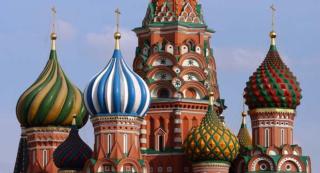
The Russian authorities maintain a monopoly on political power and governance, and although there has been some movement in Russian civil society toward community building and activism, this activity remains fragmented and localized.
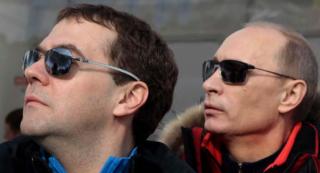
Public confidence in Russia's ruling tandem has plummeted to record lows, and a majority now believes their country is headed in the wrong direction. The country needs reform, but it may be too late for the system to save itself.
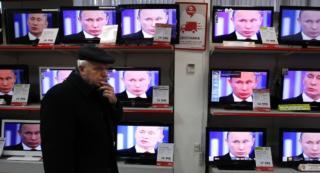
Increasingly, Russian experts believe that economic reform in Russia is impossible without the implementation of large-scale political modernization.
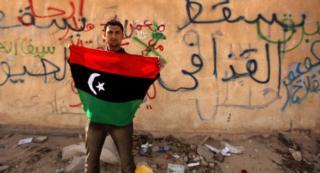
Russia’s choice to abstain on the UN Security Council resolution on Libya demonstrates that Moscow’s new foreign policy is shaped by its vital interests and its desire to maintain good relations with both the EU and the United States.
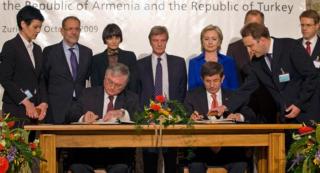
Although the Armenia-Turkey normalization process which began in 2008 seemed promising, it only made the situation throughout the South Caucasus worse when it stalled in April 2010.
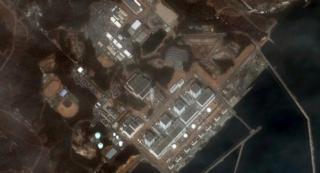
As Japan struggles to find ways to cool its damaged nuclear reactors, it is increasingly clear that it is in the world’s best interest to ensure that nuclear operators can effectively handle unpredictable and even extreme external events that might impact their installations.
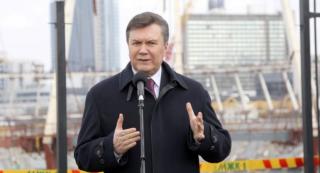
Amid growing concern over Viktor Yanukovych’s policies, the question remains to what extent the current political set-up in Ukraine can withstand international and domestic pressure.
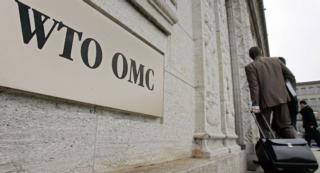
Lifting the Russian embargo imposed on the Georgian wine would benefit the economic interests of both countries and would support the strained Russian-Georgian relationship.
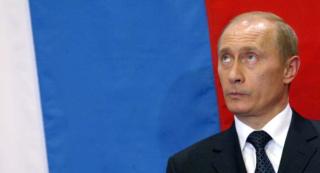
In advance of Russian regional elections on March 13, Prime Minister Vladimir Putin had to campaign personally for United Russia candidates in order to overcome voter disappointment and push for a strong regional showing for United Russia.
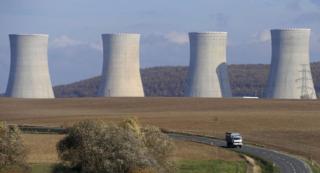
While public concerns about the safety of nuclear energy have resurfaced in the wake of the crisis at Japan’s Fukushima Daiichi Nuclear Power Station, the case for nuclear power remains strong.